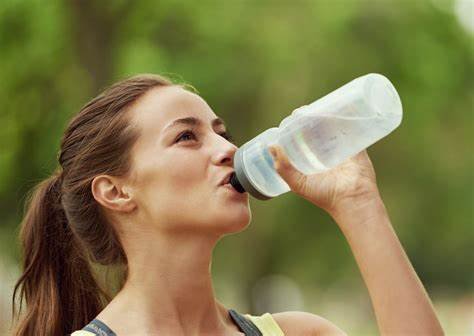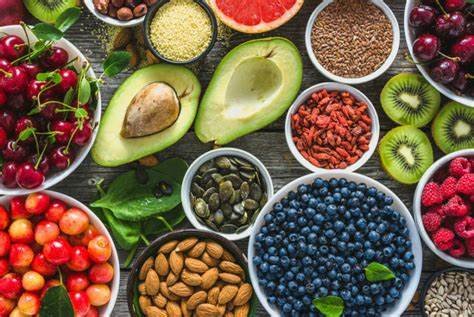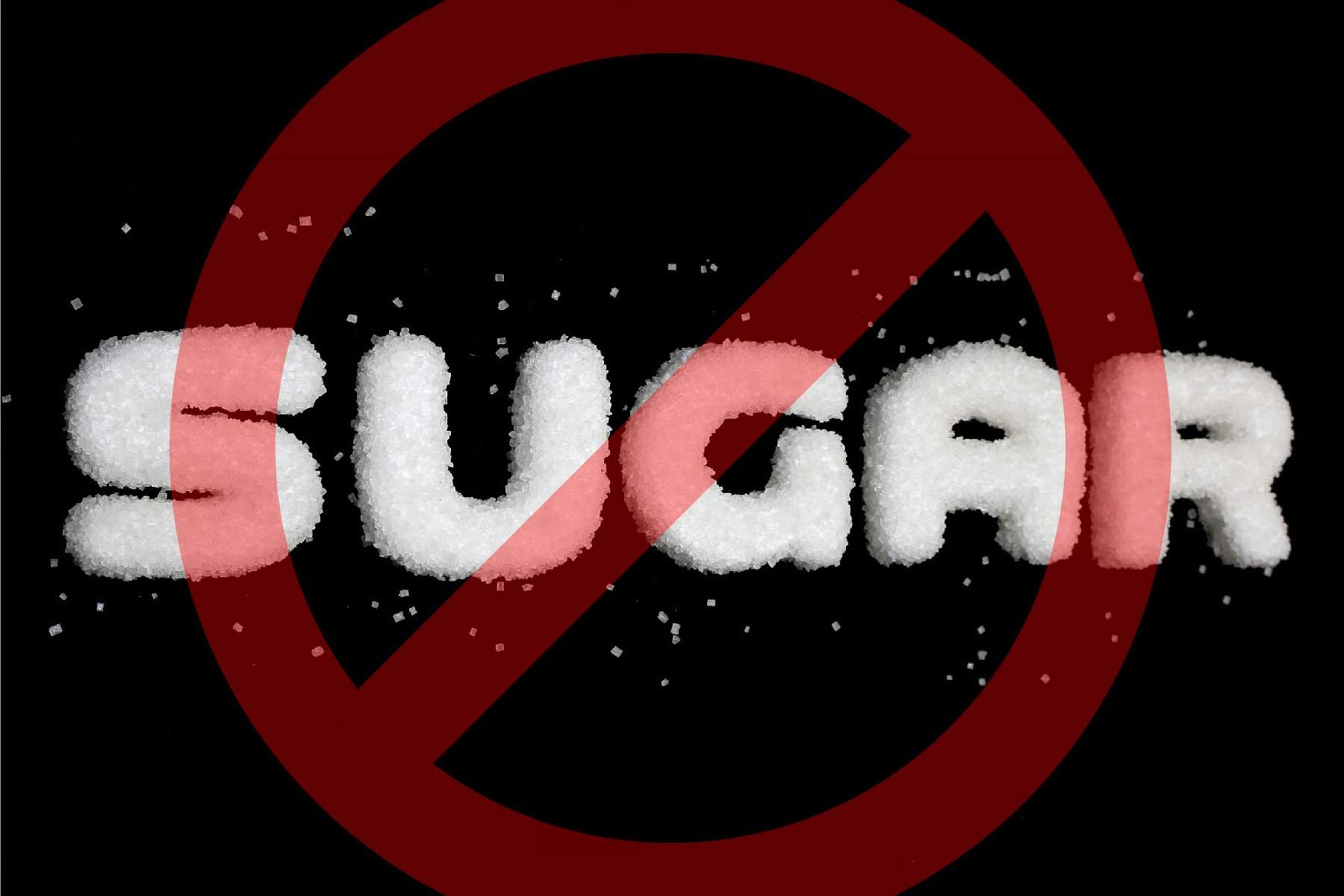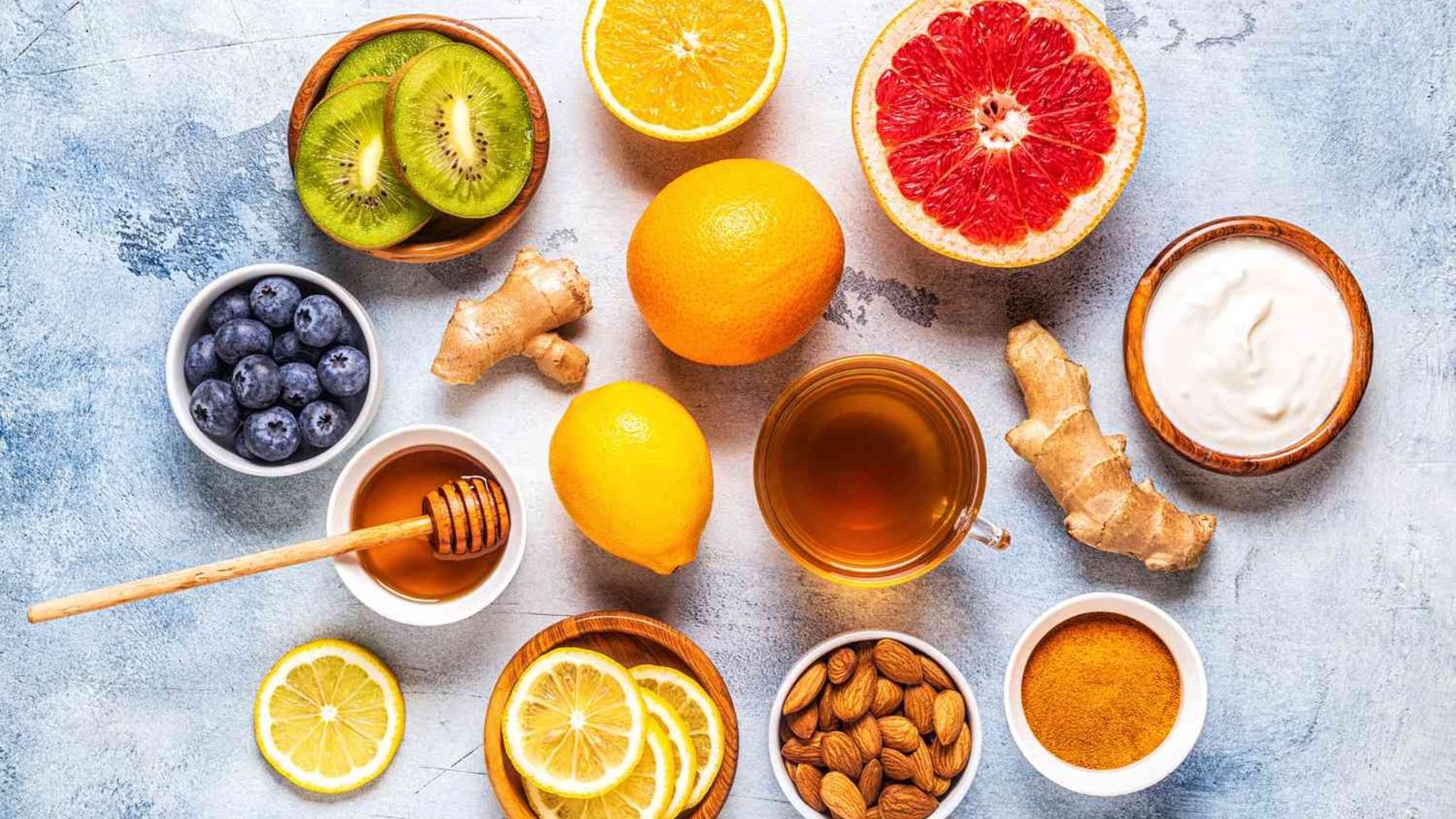Staying hydrated is vital to maintaining overall health, yet many people overlook the importance of proper hydration in their daily diets. Water is essential for nearly every function in the body, from digestion to circulation, and it plays a significant role in supporting a balanced and nutritious lifestyle. In this post, we will explore why hydration is key to a healthy diet and provide tips on how to ensure you’re drinking enough water.
1. Supports Digestion and Nutrient Absorption
Water is crucial for the digestive process. It helps break down food, making it easier for the body to absorb nutrients. Without enough hydration, the digestive system struggles to function efficiently, potentially leading to issues like constipation. Drinking water throughout the day aids in the movement of food through the intestines, promoting smooth digestion and optimal nutrient absorption.
2. Helps Control Calorie Intake
Often, we confuse thirst with hunger, leading to overeating when the body is simply in need of hydration. Drinking water regularly can help you manage your appetite and prevent unnecessary snacking. Additionally, replacing sugary beverages like soda or juice with water reduces your calorie intake, making it easier to maintain a balanced diet. Water is a calorie-free alternative that keeps you refreshed without adding extra calories to your diet.
3. Enhances Physical Performance
Proper hydration is essential for anyone engaging in physical activity. Water helps regulate body temperature, lubricates joints, and transports oxygen to muscles. Without adequate hydration, your energy levels may drop, and physical performance can suffer. Whether you’re hitting the gym or going for a run, drinking water before, during, and after exercise helps you stay energized and recover faster.
4. Promotes Healthy Skin
One of the visible benefits of hydration is its impact on your skin. Drinking enough water helps maintain skin elasticity, reduces dryness, and flushes out toxins that can contribute to breakouts. A well-hydrated body ensures that your skin cells regenerate properly, giving you a glowing, healthy complexion. Water also helps prevent signs of aging, such as fine lines and wrinkles, by keeping the skin moisturized from within.
5. Boosts Brain Function and Mood
Water is also essential for cognitive function. Dehydration can lead to reduced concentration, impaired memory, and mood swings. Studies show that even mild dehydration can negatively affect your ability to focus and think clearly. Staying hydrated keeps your brain functioning optimally, improving your mood and mental clarity throughout the day.
6. Helps Flush Out Toxins
Drinking water plays a key role in detoxifying your body. The kidneys rely on water to filter waste products and toxins from the bloodstream. Without enough water, the body may struggle to eliminate these harmful substances, which can lead to a buildup of toxins. Drinking enough water ensures that your organs function properly, allowing for effective detoxification and promoting overall health.
7. Aids in Weight Management
For those looking to manage or lose weight, water is an essential part of the process. Drinking water before meals can help you feel fuller, reducing the amount of food you eat. Additionally, water boosts your metabolism, helping the body burn calories more efficiently. Incorporating water into your diet, especially alongside healthy foods, supports weight management efforts.
8. Regulates Body Temperature
Water helps regulate body temperature by allowing the body to release heat through sweat. When you’re dehydrated, your body struggles to cool itself down, leading to overheating. Staying hydrated ensures your body can maintain a stable temperature, which is especially important during hot weather or intense physical activity.
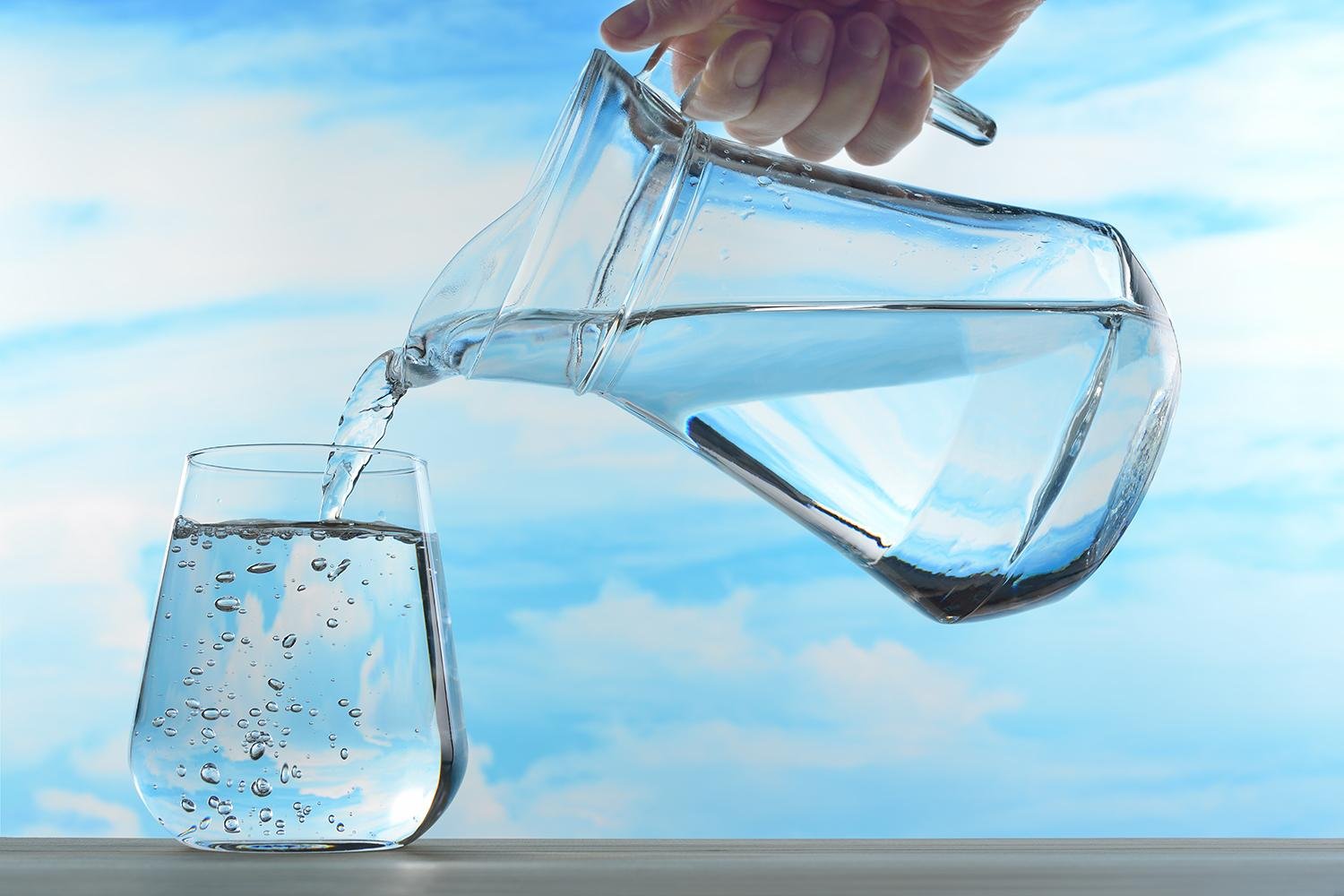
Tips for Staying Hydrated
- Carry a Water Bottle: Keep a reusable water bottle with you throughout the day as a reminder to drink water regularly.
- Set Hydration Goals: Aim to drink at least 8 glasses (about 2 liters) of water a day, but adjust according to your activity level and climate.
- Eat Water-Rich Foods: Include fruits and vegetables with high water content, such as cucumbers, watermelon, and oranges, in your diet.
- Drink Water Before Meals: Drinking a glass of water before meals can prevent overeating and keep you hydrated.
- Listen to Your Body: Thirst is a sign that your body needs water, so don’t ignore it. Try to drink water consistently throughout the day.
Conclusion
Hydration is an essential component of a healthy diet. It supports digestion, improves physical performance, enhances brain function, and contributes to overall well-being. By making hydration a priority, you can enjoy better health, clearer skin, and even support your weight management goals. Stay mindful of your water intake, and let hydration be the foundation of your balanced diet.

